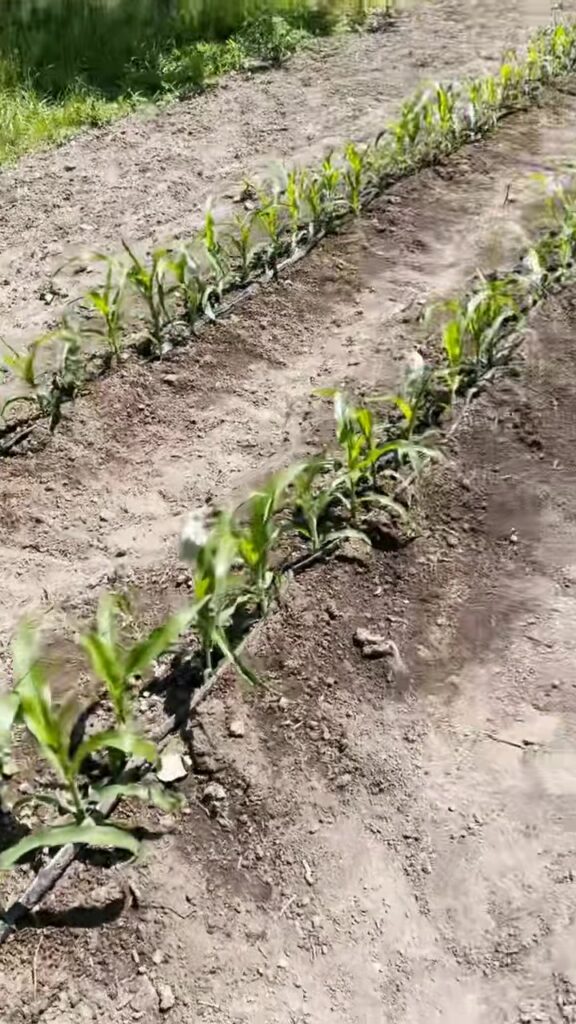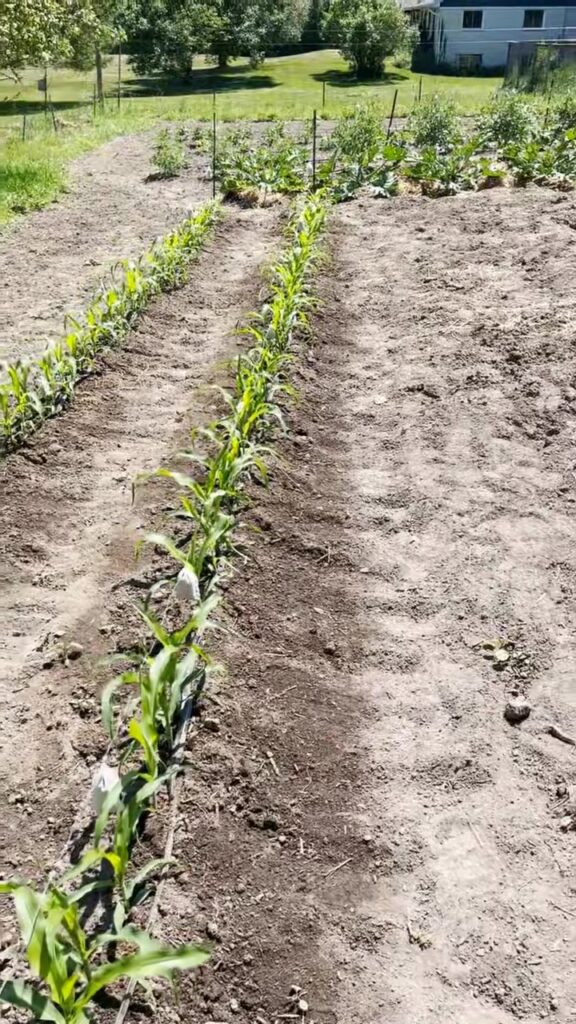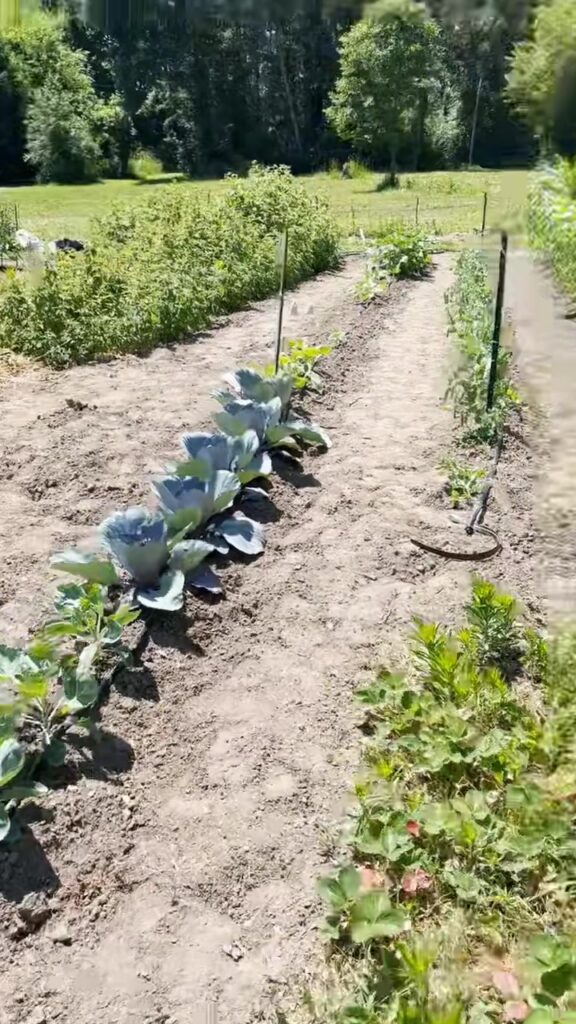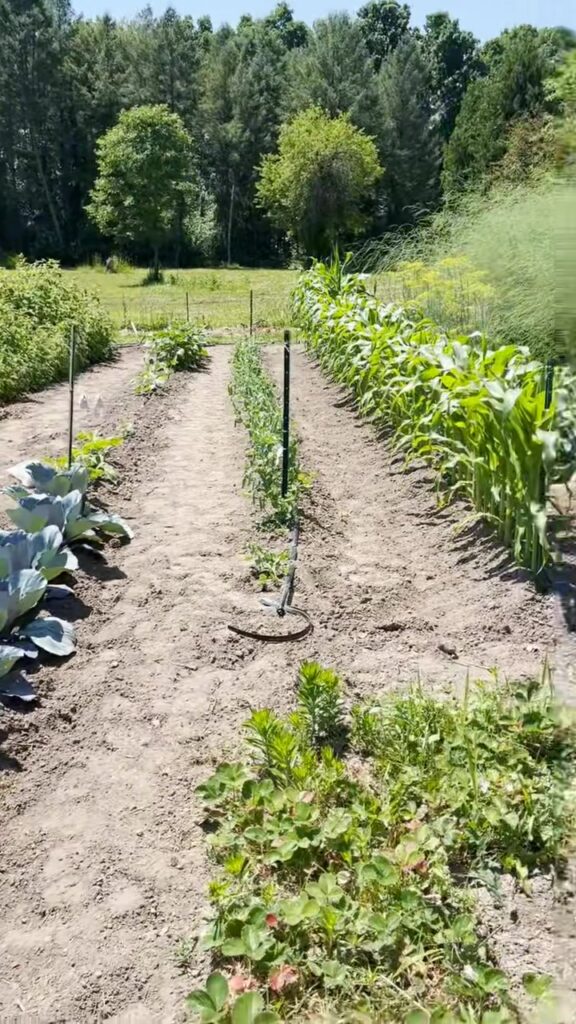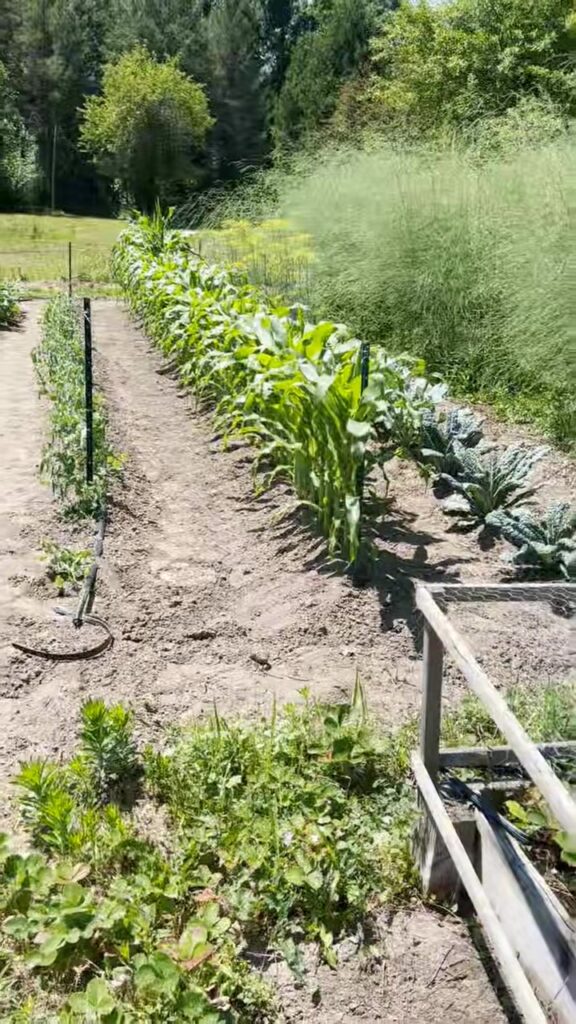How Often Should You Water Your Vegetables?
#vegetablegarden #gardening101 #gardeningtips #organic
Watering your vegetable garden might seem straightforward, but getting it right can be the difference between a thriving harvest and a struggling patch. Overwatering can lead to root rot and disease, while underwatering stresses plants and limits growth. So, how often should you water your vegetables? The answer depends on several factors—plant type, soil, weather, and the stage of growth.
General Rule of Thumb
As a general guideline, most vegetable gardens need about 1 to 2 inches of water per week. This includes both rainfall and manual watering. It’s best to water deeply and less frequently rather than giving your garden a light sprinkle every day. Deep watering encourages roots to grow deeper, making your plants more resilient and drought-tolerant.
Consider the Weather
Weather plays a major role in how often you should water. During hot, dry periods, you may need to water your garden more frequently—possibly every day or every other day—especially if temperatures rise above 85°F (29°C). In cooler or rainy conditions, your plants may only need water once or twice a week.
Know Your Soil
Soil type greatly affects water retention. Sandy soils drain quickly and may require more frequent watering. On the other hand, clay soils retain moisture longer but can become waterlogged if overwatered. Loamy soil, a mix of sand, silt, and clay, holds moisture well and provides a balanced environment.
To check soil moisture, insert your finger about 1–2 inches into the soil. If it feels dry at that depth, it’s time to water. For more precision, use a moisture meter.
Different Vegetables, Different Needs
Not all vegetables have the same water requirements. Here’s a quick breakdown:
- Leafy greens (lettuce, spinach, kale): Require consistent moisture. Check them daily, especially in hot weather.
- Fruit-bearing plants (tomatoes, cucumbers, peppers): Need more water when they start setting fruit. Water deeply and regularly.
- Root vegetables (carrots, beets, radishes): Prefer even moisture. Uneven watering can cause cracking or misshapen roots.
- Vining plants (squash, melons): Need regular watering, particularly during flowering and fruiting.
Best Time to Water
The best time to water your vegetable garden is early in the morning, between 6 and 10 a.m. This allows water to soak into the soil before the heat of the day, reducing evaporation. Evening watering is okay too, but it can leave plants damp overnight, increasing the risk of fungal diseases.
Tips for Efficient Watering
- Mulch: Applying mulch around plants helps retain soil moisture, suppresses weeds, and reduces water needs.
- Water at the base: Aim water directly at the soil near the base of each plant rather than on the leaves to prevent disease.
- Drip irrigation: Consider installing a drip system or soaker hose to deliver water slowly and directly to the roots.
- Rainwater harvesting: Collect rainwater in barrels for an eco-friendly and cost-effective irrigation source.
Final Thoughts
Watering your vegetable garden isn’t a one-size-fits-all task. By paying attention to your soil, the type of vegetables you’re growing, and local weather conditions, you can develop a watering routine that keeps your plants healthy and productive. Remember: consistent, deep watering is the key to a lush, bountiful garden.
Whether you’re a beginner or a seasoned green thumb, understanding how and when to water your garden is essential. Follow these #gardeningtips to grow a thriving #vegetablegarden the organic way! #gardening101 #organic







